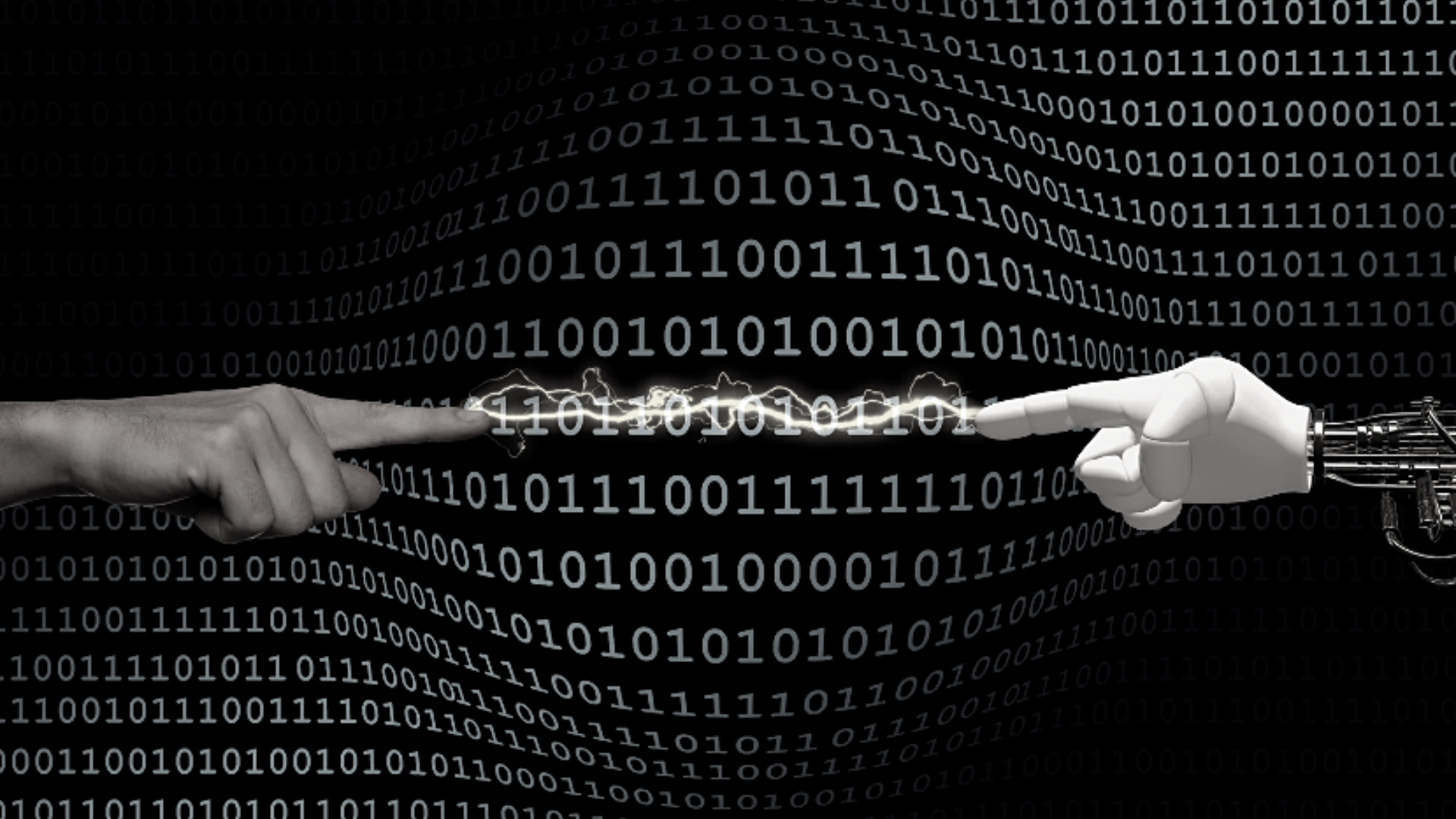Artificial intelligence (AI) is transforming many industries, and the world of engineering is no exception. AI is enabling engineers to design, build, and operate complex systems with greater efficiency and accuracy. In this article, we will explore how AI is affecting the world of engineering and provide some examples of its impact. See also: ChatGPT and its impact on the IT world.
The field of Artificial Intelligence (AI) began in 1956, but only in the last decade has significant progress been made to allow the technology to be widely used and experimented with in many technology circles. Today, AI is one of the fastest growing emerging technologies and describes machines that can perform tasks that previously required human intelligence.
One area where AI is making a significant impact is in the design process. With AI, engineers can simulate and optimise designs faster and more accurately than ever before. For example, engineers at Airbus are using AI to design aircraft wings that are more efficient and consume less fuel. By using AI, they were able to reduce the weight of the wings by 30% while maintaining their strength.
Another way that AI is affecting engineering is in the manufacturing process. AI-powered robots can be programmed to perform repetitive tasks with great precision, reducing errors and increasing efficiency. In addition, can be used to monitor and analyze data from manufacturing processes to identify areas for improvement. For example, General Electric uses AI to monitor its gas turbines and predict maintenance needs before they occur.
AI is also changing the way engineers operate and maintain complex systems. With AI-powered sensors and analytics, engineers can monitor the performance of systems in real-time and identify potential problems before they occur. For example, the city of Barcelona uses an AI-powered platform to monitor its water supply system and predict and prevent leaks.
In the field of civil engineering, AI is being used to design and build more resilient infrastructure. For example, the Dutch engineering firm Arcadis is using AI to design flood protection systems that are more effective and efficient. By analyzing data on water levels and weather patterns, they can design systems that can withstand extreme weather events.
AI is also being used to improve sustainability in engineering. By analyzing data on energy usage and emissions, engineers can identify areas for improvement and develop more sustainable solutions. For example, Siemens is using AI to optimize energy usage in buildings, reducing energy consumption by up to 30%.
In conclusion, Artificial Intelligence is the foundation of advanced engineering. While questions remain, especially about how it will change the work of engineers, it is futile to resist the transformation. There is no doubt that AI will help manage engineering data more efficiently and will be an essential component of the future of engineering. The sooner it is adopted and adapted, the sooner engineering will be able to capitalise on the benefits of technology.





